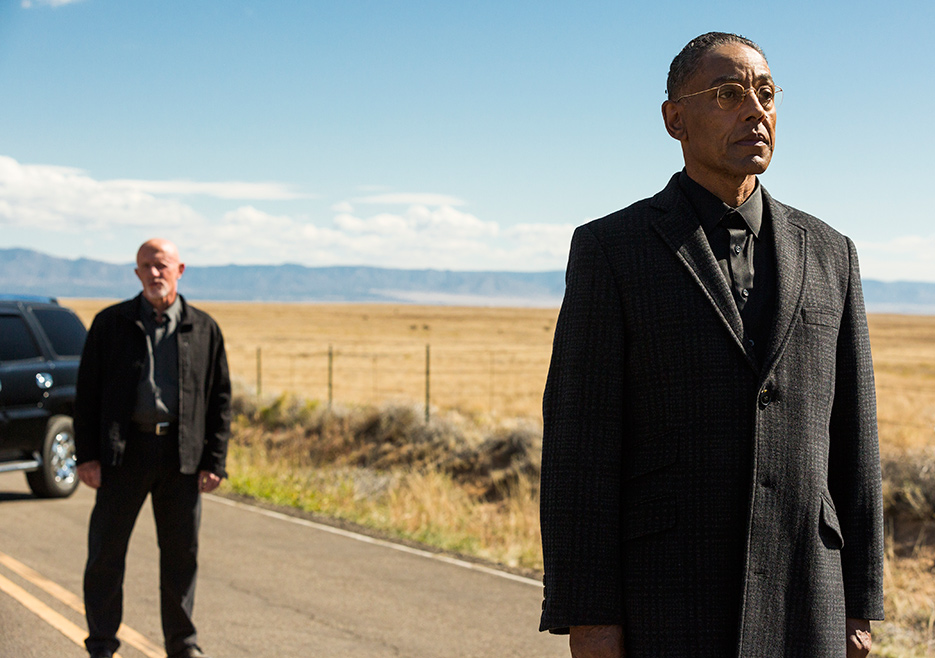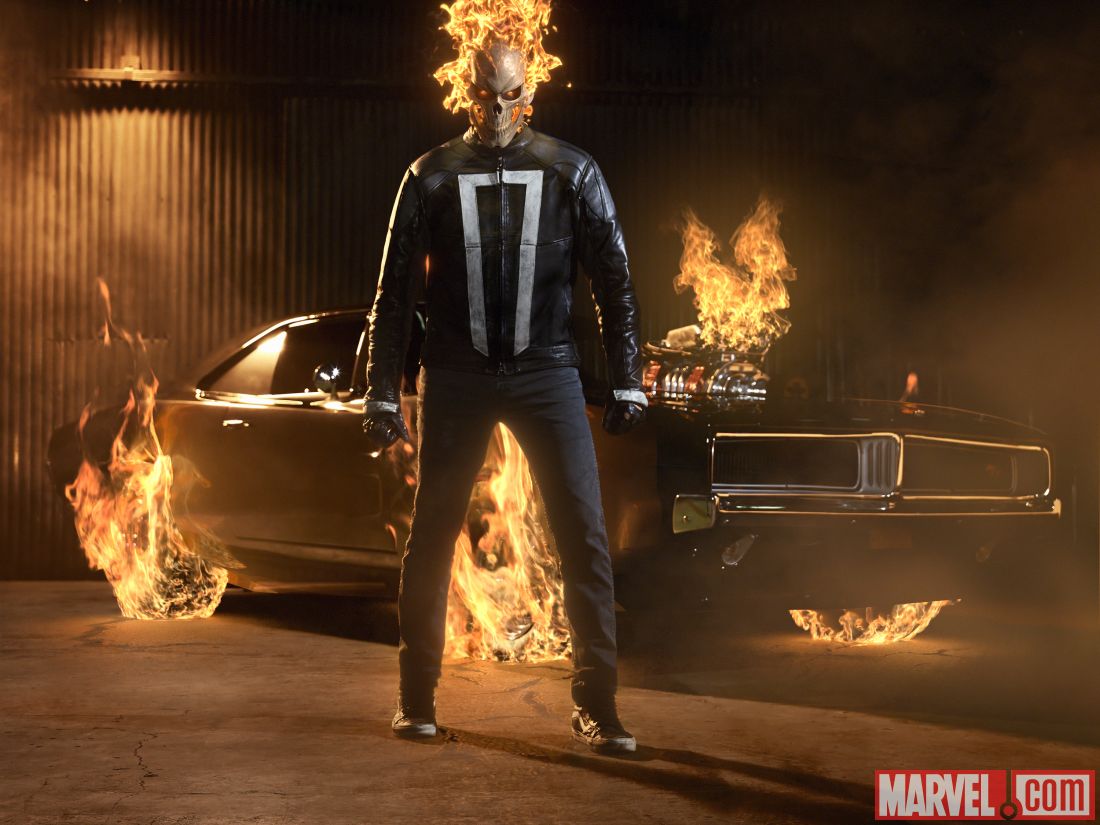 |
| A poster for the original - and still the best - season. |
Like a fair number of people back in 2004, I was oh-so-slightly late to the Arrested Development party. I distinctly remember seeing the preview commercials on Fox, before the show aired in fall of 2003, but ignored it as probably another Fox misfire. Several months into the show's first season, though, more than a few TV-loving friends were passionately recommending the show to me. Before I knew it, the first season had wrapped up, but I was able to snap up the DVD collection immediately upon its release and catch up. No sooner had I fallen in love with the show than there were whispers about its potential cancellation. As it has done with more than one great show (Firefly, for example), Fox completely fumbled a true TV gem, let it sputter, and then die after a mere two-and-a-half seasons.
The show was given a second life in 2013 when, seven years after its cancellation, a long-hoped for fourth season was released by Netflix. The show then went dormant yet again. When I noticed that a fifth season was just released earlier this year, my wife and I decided to go back and give the series a full rewatch.
The First Four Seasons, 2003 to 2013
My feelings about this show's progression seem to reflect the general opinion about them: absolute brilliance that lost a fair amount of its luster in the third and fourth seasons.
The first two seasons of the show were, and still are, some of the greatest TV comedy of all time. The sharpness of the writing and the truly unique structure and feel of the entire show have not lost a bit of their magic since the initial run between 2003 and 2005. As during my original viewing, I found the writing and the cast so outstanding that I found myself changing my mind about which character was the best several times. The entire cast was so locked into what the writers were going for that it's still astounding to this day.
The cancellation-shortened third season was obviously where a few cracks started to show. As with nearly every "zany" TV show, there seems to be an imperceptible, razor-thin line that separates "hilariously zany" from "silly and unfunny." Most of the third season stays on the right side of that line, but most of the entire Little Britain storyline was simply too goofy, despite Charlize Theron's solid comedic performance at Rita. Thankfully, that particular arc ran its course by the middle of the season. Unfortunately, the masterminds at Fox decided to completely cancel the show shortly after that - a fact which the brilliant writers on the show hilariously worked into the show's plot.
The show's resurrection on Netflix seven years later in 2013 was a mixed bag. My wife and I watched it almost immediately upon its full release at that time, and apparently felt similar to much of the viewing public: while still bearing a decent amount of the original run's humor, and managing to bring back every single member of the original main cast, the structure of the season was bafflingly convoluted, spinning multiple overlapping stories that often doubled back over on another and never hitting a real stride in terms of clear narrative. Netflix recently did a "Remix" version of this season, which I had hoped would re-edit the season into a more coherent form, but I was disappointed to find that it was at least as frustrating, leaning far too heavily on an insane amount of Ron Howard's narrative exposition to try and keep the various story threads together. The real shame is that, when the tale settles down from its dizzying structure, it's still pretty damn funny. The characters and actors are usually still great, and the dialogue is often as sharp as it ever was. But this season is often an exercise in frustration, with the muddled organization just getting in the way of what have always been the show's real strengths.
I can respect the writers' swinging for the fences and trying something new with this season, but it seems that their reach exceeded their grasp here. It's a bit baffling, given that they could have used the 7-year gap to do so much more than just try to clumsily fill in all of the characters' backstories in the intervening years. It seems like it was a perfect opportunity to re-introduce the family into a completely new scenario. In the first two-and-a-half seasons, the greater arc revolved around George Senior's treason/embezzlement scam. Why not whip up a completely new scandal or dilemma around which to have the narcissistic and greedy Bluth family orbit and stumble? This is the type of thing that I was hoping for when hearing about a fifth season:
 |
| Tobias Funke - always the butt of a million jokes - continues to roam far beyond the "funny" line and into the realm of idiotically ridiculous. Other elements of the show follow suit. |
Not wanting to let a classic-but-short-lived-show go out on a flat note, Netflix returned five years after the letdown 4th season to bring back the Bluth family, with every single primary cast member from the original seasons joining in. The tale basically picks up very shortly after the 4th season ended, with the various Bluth family members scrambling to claim or plunder any assets they can in the wake of Lucille Austero's supposed death. We see a continuation of the weird friction between Michael and George-Michael, and the typically selfish and idiotic schemes by their family members. Many of these seem to revolve around and come back to a new setting - a beach-side home once owned by Michael and his long-dead wife.
Full disclosure now - my wife and I didn't even make it through the modest 8-episode season. Five episodes in, we simply abandoned it in order to watch other, more reliably entertaining shows. That should probably tell you all you need to know. But if you're curious as to why...
It all boils down to the show shockingly continuing the weakest elements of the 3rd and 4th seasons. The writers and show runners seemed unable to ratchet back the dizzying pace and zaniness to that oh-so-difficult-to-master balance found in the first two seasons. Yes, there are funny moments in season 5, but they are surprisingly few and far between, given the immensely talented cast. The contrivances were just too far-fetched most times, with too many oddities stacking on top of each other, thus dampening any comedic effect. But I guess this is the fate of virtually every "silly" TV comedy. When the initial premise and general tone of the humor is so very zany from the jump, the only direction it can go is "zanier." And that wears itself out each and every time, with the over-the-top oddities being the "too much salt" that spoils the dish. Such seems to be the case with Arrested Development.
At least we'll always have those first two magical seasons.









